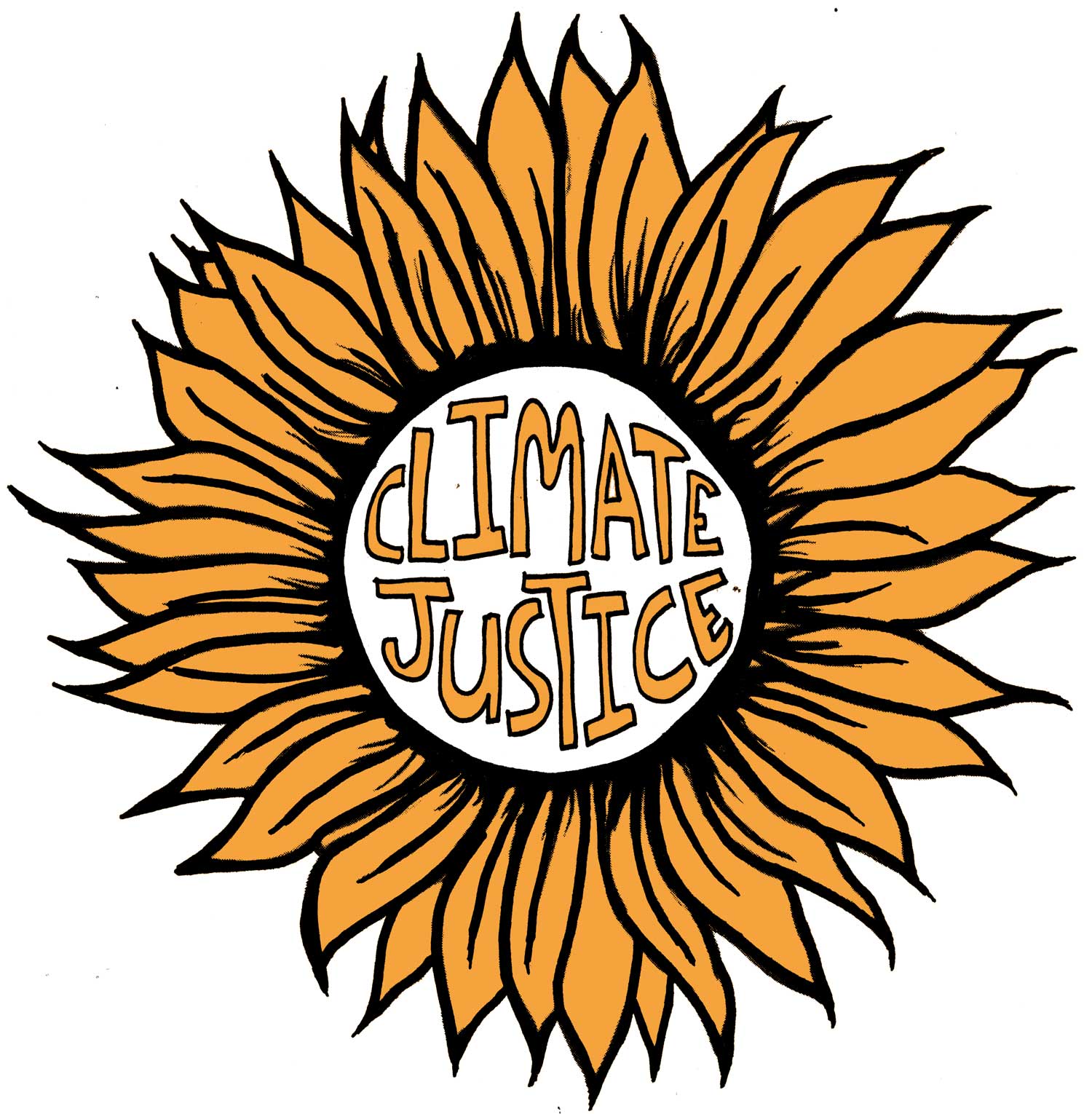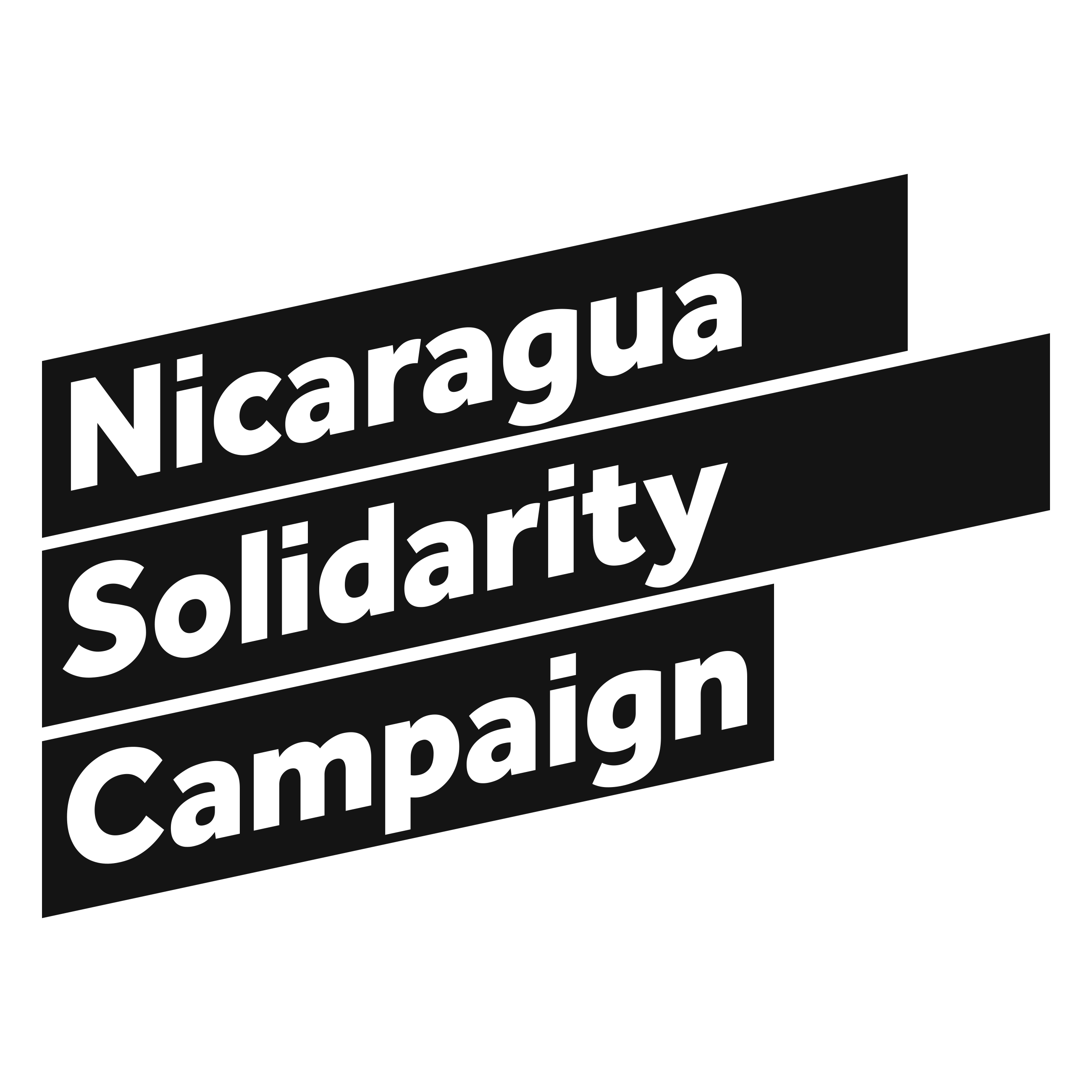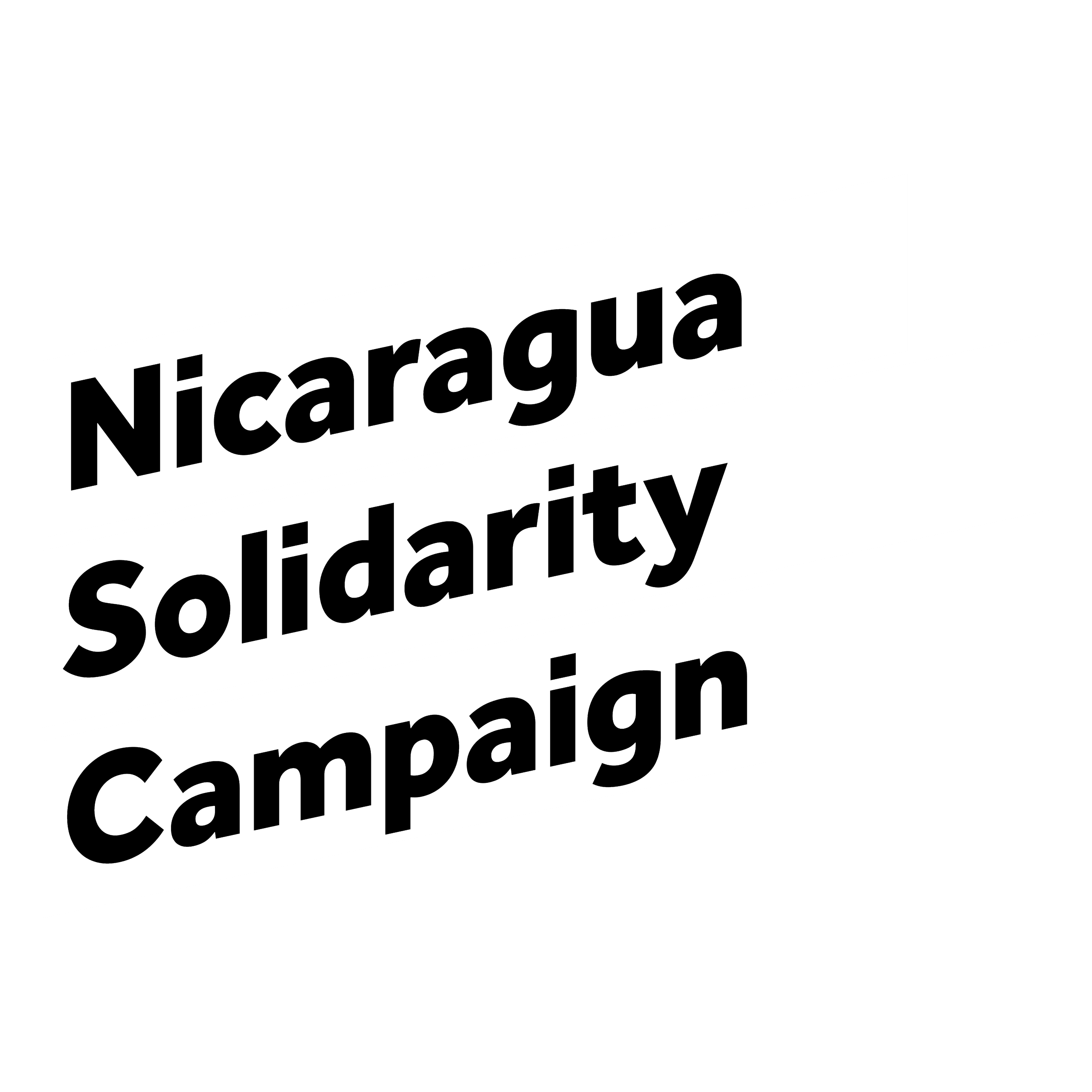
Webinar summary: Nicaragua, Climate Justice and Agroecology
Summary of webinar on 10 February, co-hosted by the Nicaragua Solidarity Campaign and Friends of the ATC
Speakers: Guisell Morales, Nicaraguan Ambassador to the UK; Rosalina Gutierrez, small-scale farmer, general secretary of the Rural Workers Association (ATC) in Jinotega; Amaru Torrez, ATC, Central America representative to the Climate Justice Collective of La Via Campesina
Facilitator: Dee Woods, UK Landworkers’ Alliance
Guisell Morales: Central America and the Caribbean is one of the most vulnerable regions of the world in terms of the impact of climate change. The most recent example is the two catastrophic hurricanes of unprecedented strength that struck the region in November 2020, a consequence of the climate crisis. In Nicaragua alone, 21 people lost their lives in landslides, and the country suffered an estimated US$742m worth of infrastructure damage representing 6% of GDP.
The region contributes very little to global warming (in the case of Nicaragua, .003%) but the November hurricanes illustrate once again that those countries and their citizens who are least responsible for the crisis bear the brunt of the consequences.
In the lead up to COP26, Nicaragua is advocating that leaders of countries such as the UK, who are most responsible for causing the crisis, must recognise and act on their historic responsibility to provide climate finance. They must raise reparations for loss and damage caused by climate extremes to the same level as mitigation and adaptation. This is what would constitute climate justice.
For countries such as Nicaragua, this finance is critical to enable them to change their energy matrix to renewables, to finance extensive reafforestation, to put in place emission reduction measures and to meet sustainable development goals, particularly in poverty reduction.
Nicaragua is also calling for a green alliance to be formed, which would bring together developed and developing countries to confront the climate crisis.
———————————————————————-
Rosalpina Gutierrez is a single mother who has a small-scale farm in Jinotega is northern Nicaragua. She is also the general secretary of the ATC in the region. Nicaragua is primarily an agricultural economy producing basic grains, vegetables, fruit, and coffee, as well as raising cattle. Therefore, the country is very vulnerable to the consequences of climate change. For small-scale farmers such as Rosalpina, land ownership underpins everything.
Over the last three years, Nicaragua has suffered major loss and damage in three different ways: an attempted coup in 2018, followed by Covid-19 pandemic and two major hurricanes in 2020. Through each of these crises, the government has worked together with the population to protect lives, to rebuild and to reconstruct.
Through the Covid-19 pandemic, Nicaragua has never had a lockdown: the ATC in Jinotega has worked with the Ministry of Health to raise awareness and put in place intensive preventative measures and monitoring. Although there have been Covid-19 cases and deaths, the pandemic has not been as devastating as in other countries. This has meant that people have been able to continue working and children going to school.
Efforts to confront Covid-19 were continuing, and then along came two major hurricanes. This caused destruction of crops of beans, and the coffee harvest has been severely impacted. This has had a knock-on effect in the economy through loss of jobs, particularly for women, who are always impacted first. Again, the government worked together with the population to prevent loss of life and to provide resources to rebuild livelihoods and the economy.
‘ In the ATC we continue to train our young people, to farm using agroecology and to unlearn bad farming habits of the past using chemicals.’
‘We have confidence in our government climate representatives to fight for us in COP26.’
———————————————————–
Amaru Torrez: The chain of the globalised food system dominated by agribusiness causes 45% of global carbon emissions but provides food for only 30% of the world’s population. In contrast peasants and indigenous peoples feed 70% of population on small scale farms, urban garden and fishing.
La Via Campesina (LVC) argues that governments and international corporations fail to address the actual causes of climate change by focusing solely on mitigation and adaptation. The current industrialised food system has created hunger, and a concentration of power, wealth and land. Their ‘false solutions’ will result in pushing more people off the land – people who have had a relationship with the land for centuries. This is because they see farming as a business, not as a human right to enable people to eat and live in harmony with nature.
LVC believes that there has to be a just transition to an agricultural model with food production in the hands of peasants and indigenous peoples. This must be linked with food sovereignty, local markets and recovery of ancestral knowledge, rather than replicating a colonialist model of dependence on imported seeds and chemicals.
‘COP26 is an important space to build links and alliances with likeminded civil society and environmental and indigenous organisations, to explain our reality, how we protect our soils and seeds, how we are building struggles against the climate emergency that avoid constructing a new form of colonialism. COP26 is important for us but more important is our ideological and practical grass roots struggles in our communities and territories, it is us who are cooling the planet through practising agroecology and food sovereignty.’
Listen to the webinar (English): https://www.youtube.com/watch?v=sZIsFO0e-aI&t=3553s
Escuchar el webinar (Español): https://youtu.be/0hPHDm9QXE8
Watch the video: https://nicaraguasc.org.uk/2021/01/new-videonicaraguaclimate-justice-agroecology/
Read the briefing: https://nicaraguasc.org.uk/wp-content/uploads/2020/12/no-to-agribusinesslowres-.pdf

